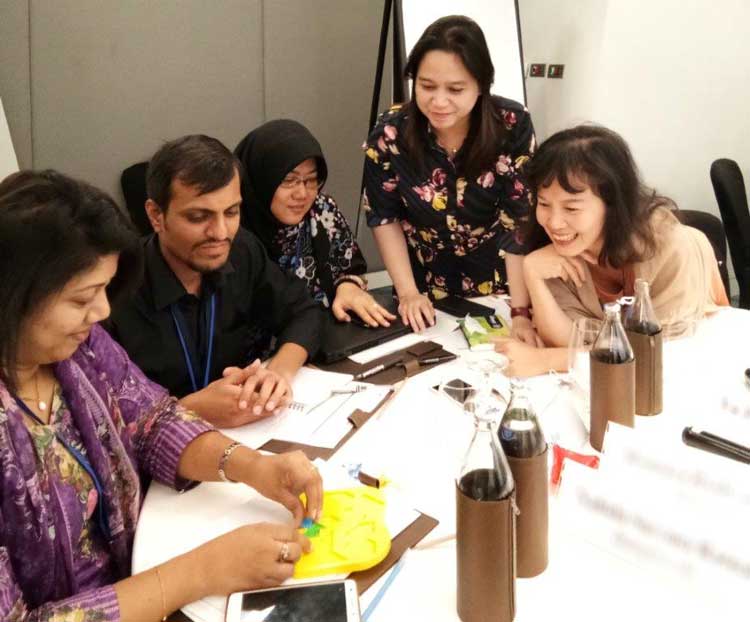
Select Page
 With growing recognition of the important role of the public sector in national development and competitiveness, the Asian Productivity Organization (APO) launched a series of projects related to the sector beginning in 2009, which led to the development the APO Public-sector Productivity Program Framework in 2012 and the Course Manual on Developing Productivity Specialists in the Public Sector through the Center of Excellence on Public-sector Productivity (PSP) within the Development Academy of the Philippines.
With growing recognition of the important role of the public sector in national development and competitiveness, the Asian Productivity Organization (APO) launched a series of projects related to the sector beginning in 2009, which led to the development the APO Public-sector Productivity Program Framework in 2012 and the Course Manual on Developing Productivity Specialists in the Public Sector through the Center of Excellence on Public-sector Productivity (PSP) within the Development Academy of the Philippines.
Specialist certification programs are one element under the new business model to achieve the goals of the Roadmap to Achieve the APO Vision 2020. Recognizing the competence of individuals through certification in the field of PSP after they attend a face-to-face training course promotes brand awareness, cultivates a community of experts, and strengthens APO leadership in the field.
The certification process is divided into two phases: 1) participants attend an APO training course and pass the final exam; and 2) they carry out productivity improvement assignments in their countries within six months after course completion and submit reports on them, which must be approved by a certification panel. Specialist certificates valid for three years are issued to successful candidates.
The Thailand Productivity Institute hosted the APO Development of Public-sector Productivity Specialists in Bangkok, 22–26 July 2019, for the first 20 candidate PSP specialists from 15 member countries. The course consisted of 11 modules covering the concepts, approaches, tools, and techniques as well as specific skill sets needed to become certified specialists who can act as trainers and consultants in their national settings to make public-sector agencies more effective and future-ready. The course was led by resource persons from the ROK, Malaysia, and the Philippines who gave presentations, led a site visit to the National Discovery Museum Institute, and assisted participants in formulating their initial action plans.
After the draft action plans are reviewed and refined in consultation with the candidate PSP specialists’ NPOs/organizations, specific projects will be undertaken in public-sector organizations within six months. A mentor will be assigned to each participant to guide them through the formulation of the final plans, the implementation phase, and producing comprehensive reports on the projects, which will be the basis for the awarding of certification.
While the three resource persons Dr. Shin Kim of the ROK, Rauzah Abidin of Malaysia, and Magdalena Mendoza of the Philippines were enthusiastic about the course design and the qualifications of the attendees, they were unanimous in suggesting that, given the complexity of the topic and scope of the modules, the APO should consider lengthening the duration of future precertification courses. That would allow for the integration of more activities and diagnostic exercises into the course, including visits to multiple public-sector organizations to expand experience-based learning.